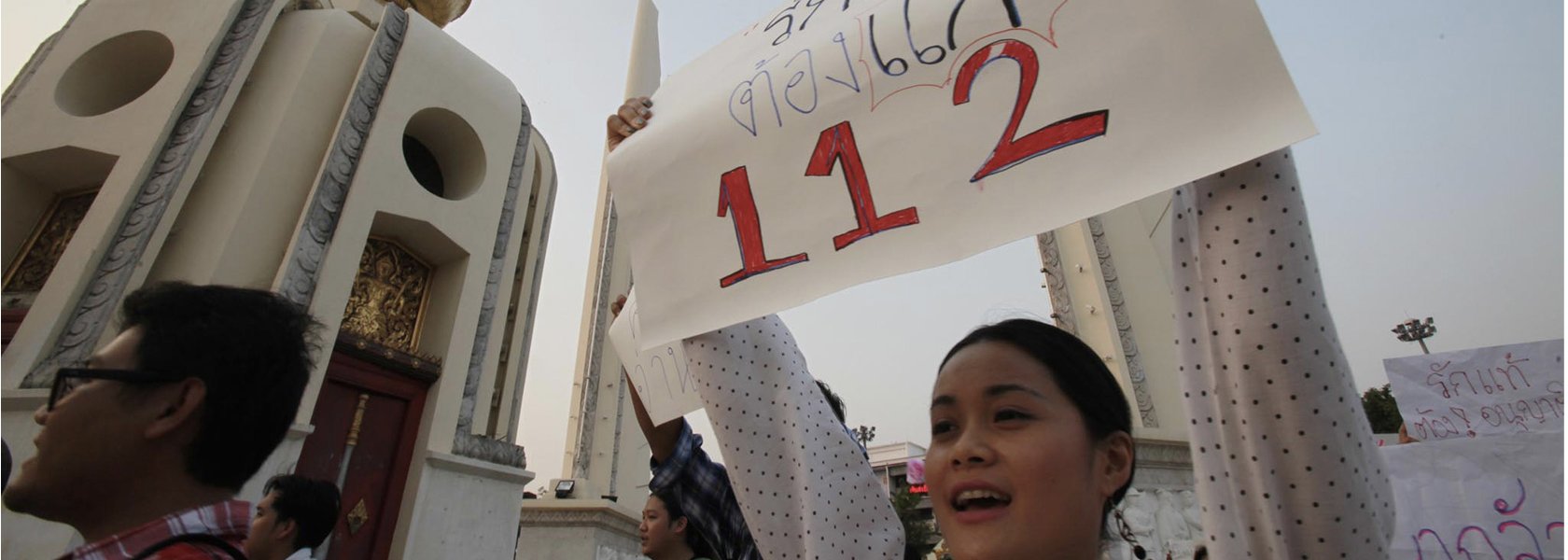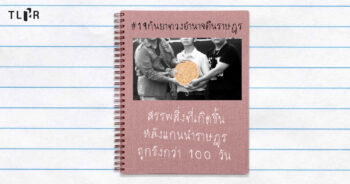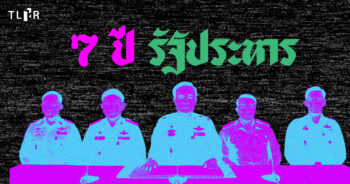Bangkok, Paris, 11 June 2021: The number of individuals charged with lèse-majesté has reached 100, FIDH and Thai Lawyer for Human Rights (TLHR) said today. The overwhelming majority of these cases have stemmed from online political expression and the participation in peaceful pro-democracy demonstrations that took place between August 2020 and March 2021.
“The vigorous enforcement of Article 112 to criminalize the actions of pro-democracy activists, protesters, and critics of the monarchy has resulted in blatant violations of the rights to liberty, freedom of expression, and fair trial. The Thai government must end this abuse and immediately heed calls for the amendment of Article 112,” said FIDH Secretary-General Adilur Rahman Khan.
According to information compiled by TLHR, between 24 November 2020 and 11 June 2021, 100 individuals have been charged under Article 112 of Thailand’s Criminal Code (lèse-majesté). Of these, eight are children (i.e. individuals under the age of 18). Article 112 imposes jail terms for those who defame, insult, or threaten the King, the Queen, the Heir to the throne, or the Regent. Persons found guilty of violating Article 112 face prison terms of three to 15 years for each count.
After a two-year pause, in late November 2020, prosecutions and arrests under Article 112 resumed in response to the nationwide pro-democracy protests that swept Thailand for most of 2020. During many of the pro-democracy demonstrations, protesters broke Thailand’s longstanding political taboo by directly criticizing the monarchy and calling for reforms of the institution. This second wave of lèse-majesté charges was anticipated by Thai Prime Minister Prayuth Chan-ocha, who, on 19 November 2020, announced that the government would enforce “all laws and articles” against pro-democracy leaders and protesters.
Following Prayuth’s announcement, authorities have actively prosecuted, arrested, and detained pro-democracy activists and peaceful protesters who made public criticism of, or comments on, the Thai monarchy during protests as well as on social media platforms. Prominent pro-democracy activists have been especially targeted. Some of them face numerous prosecutions under Article 112 in connection with multiple cases, which could result in very long prison terms.
Many lèse-majesté defendants have been subjected to a systematic denial of bail by the courts, both during investigation and pending trial. Since November 2020, authorities have detained at least 17 individuals for alleged violation of Article 112. Although, as of June 2021, all lèse-majesté defendants have been released on bail, many of them were freed under the conditions that they would not engage in activities that cause further damage to the monarchy and not participate in activities that can affect public order.
As the second wave of lèse-majesté prosecutions began, Thailand also recorded the longest prison sentence ever imposed under Article 112. On 19 January 2021, the Bangkok Criminal Court sentenced 65-year-old former civil servant Anchan Preelert to 87 years in prison on 29 counts of lèse-majesté over online posts. Her sentence was reduced to 43 years and six months, in consideration of her guilty plea.
The day before, the Bangkok Criminal Court convicted writer and poet Siraphop Kornaroot of lèse-majesté for his online articles and poems. Siraphop was sentenced to four years and six months in prison. However, he was immediately released upon the court’s decision, because he had already spent four years and 11 months in pretrial detention following his arrest on 1 June 2014. His detention was declared arbitrary by the United Nations (UN) Working Group on Arbitrary Detention (WGAD) on 24 April 2019, before his release on bail on 11 June 2019.
Since November 2020, various UN human rights monitoring mechanisms have expressed concern over Thailand’s growing number of lèse-majesté prosecutions and increasingly severe application of Article 112. They have also repeatedly called for the amendment or repeal of Article 112.
FIDH and TLHR reiterate their calls on the Thai government to refrain from carrying out arrests, prosecutions, and detentions of individuals for merely exercising their fundamental right to freedom of opinion and expression. FIDH and TLHR also urge the Thai government to amend Article 112 to bring it into line with Thailand’s human rights obligations under the ICCPR.
Press contact
Ms. Eva Canan (English, French): +33648059157



